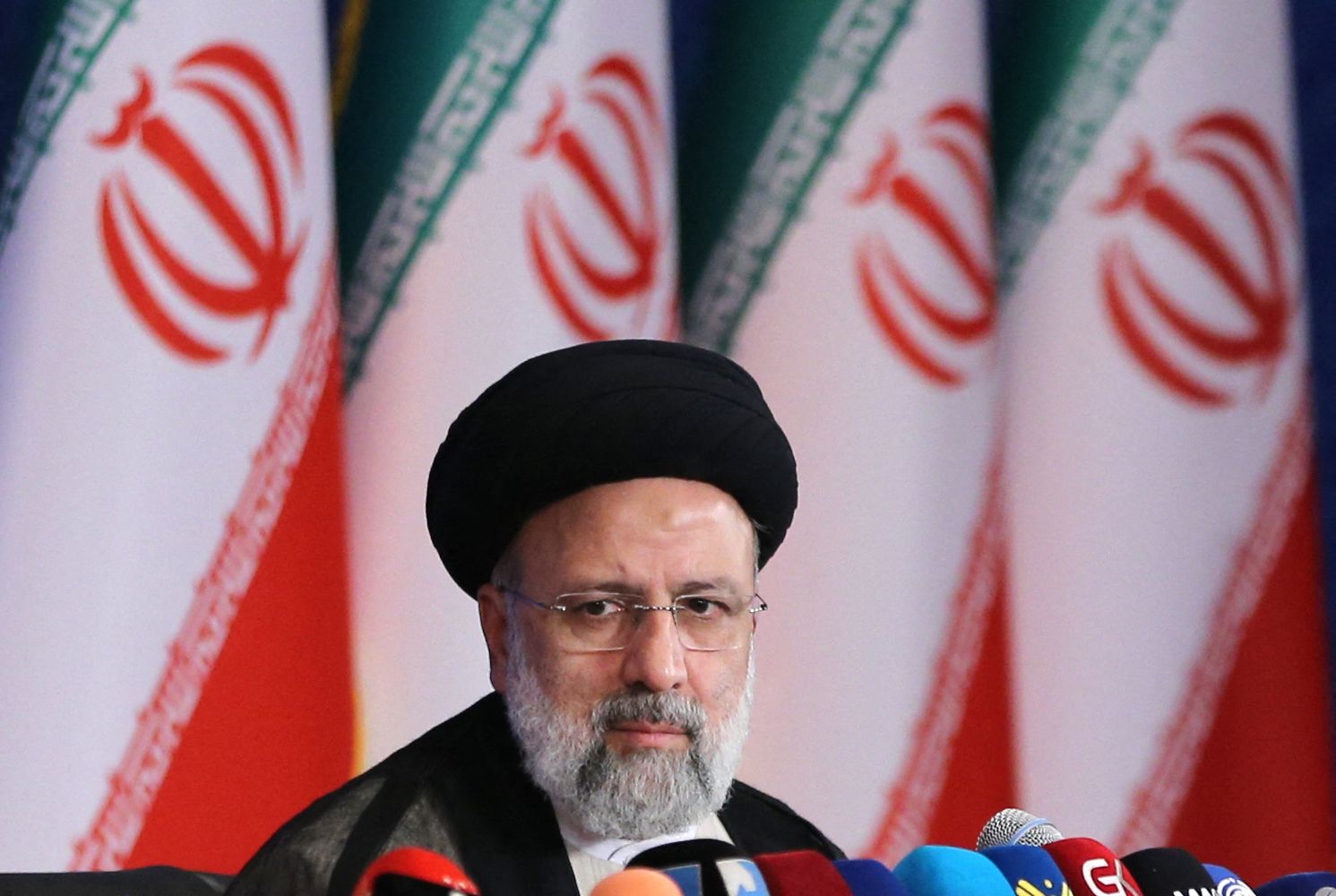Ayatollah Aly Khamenei has stressed, with respect to negotiations on the nuclear agreement in Vienna, that Iran would not compromise regarding its regional activities. This stance was in fact reinforced by the war in Ukraine, and Iran’s fears that it may be subjected to a similar scenario, thereby losing the influence it has built up in the region over several decades. Iran’s objectives remain confronting its foes outside its own borders, reinforcing its deterrent capabilities to avoid being drawn into a direct military confrontation, and preserving the main pillars of the ruling regime in Iran.
Ayatollah Aly Khamenei reaffirmed this stance on the 10th of March, when declared before a meeting of the Council of Leadership Experts: “Our Presence in the region gives us strategic depth and a secure homeland, why would we give that up?”. This message was reinforced by action on the ground, as missile strikes were launched on Irbil on the 13th of March, with warnings that they could be repeated if Iran continued to be threatened from within Iraq.
Iran’s insistence on not backing down on its policies regarding preserving its influence in the region, can be attributed to several factors, including:
Avoiding military confrontation: While enhancing its regional influence has been a primary objective for Iran since the establishment of the Islamic Republic in 1979, it has become even more important after the invasion of Ukraine. Iran perceives that Ukraine became vulnerable to invasion because it lost deterrent capabilities by giving up its nuclear arsenal following the collapse of the Soviet Union. Ukraine was considered to have had the third-largest arsenal in the world after the US and Russia. In the case of Iran, it has yet to acquire nuclear weapons, hence, its influence in the region remains its only tool to avoid confronting an external threat similar to the Ukraine scenario.
Settling differences outside its borders: It is important to Iran to engage its opponents outside its borders. This allows Iran to raise the cost of military operations to its opponents, while minimizing the cost to itself. This approach is summed up in the slogan “escalating in Aleppo, not Hamdan”, implying that the escalating conflict in Syria since 2011 acts as a buffer against potential threats to Iran and its interests, and wears down Iran’s adversaries in locations away from Iran’s borders.
This approach has lately been challenged as a result of the repeated attacks against Iran and specifically against its nuclear facilities, which Iran accuses Israel of being responsible for. The objective of these attacks appears to be sending a direct message to Iran that the fight will now extend inside its borders, as well as confronting its regional presence.
Refusing to Constrain the “Pasdaran”: While Iran has refused to address anything other than the nuclear p from the start of this round of negotiations to include any topic other than its nuclear program in the Vienna negotiations, it seems that the international powers involved have been attempting to do so. An example of these efforts are reports that the US may remove the Iranian Revolutionary Guards from the terrorist list, linking this to steps Iran must take regarding its regional interventions. This is potentially the reason why Khamenei lately affirmed that Iran will not back down from its regional policies. Although the US has not declared its final position regarding this step, it is doubtful that it will induce Iran to reduce the levels of its intervention in the region. The most Iran is likely to agree to is a cessation of its attacks on US interests in the region, such as in Iraq and Syria.
Maintaining the Regime’s Ideological Framework: The Islamic Republic of Iran rests upon a number of pillars that cannot be forsaken easily. The most important of these are its rejection of Iran’s present “artificial” borders, imposed by the intervention of foreign powers, and its identification of the US as a historical foe that cannot, under any circumstances, become an ally or friend. This does not preclude having direct channels of communication with the US when that is in Iran’s interests.
In conclusion, all of the above indicates that Iran’s regional policy is firmly in line with the very foundational stances of the Islamic Republic , which means changing this approach would be very difficult. Therefore, trying to persuade Iran to change this policy by making certain concessions in the Vienna negotiations is unlikely to succeed. Iran could, however, make tactical concessions, that do not contradict the principal tenets of the regime, in order to maximize the economic and strategic returns from any deal reached in Vienna.


